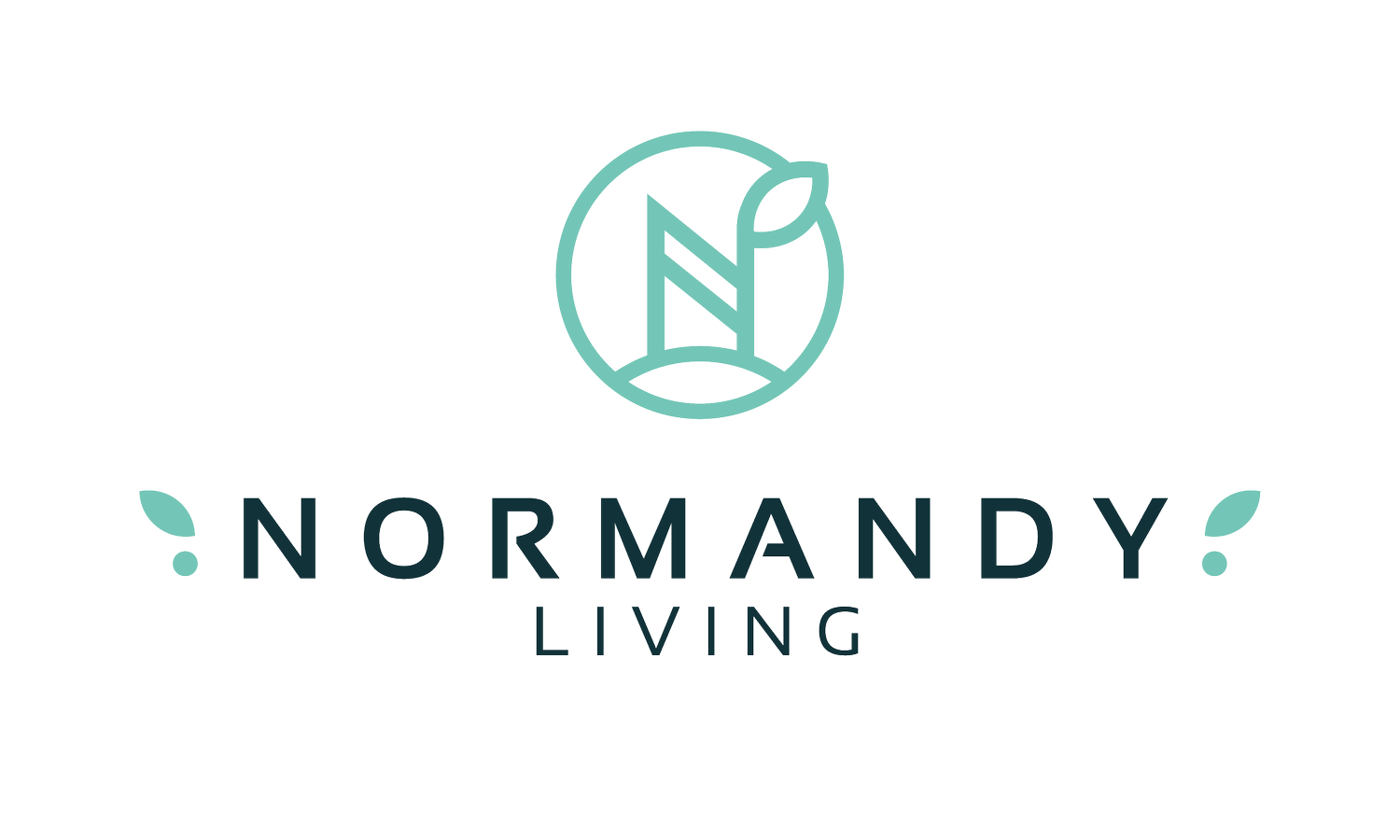Hydration and Aging: Why You Need More as You Get Older
Did you know that as you get older, the amount of water in your body can change without you realizing it? In fact, as we age, the amount of water in our bodies can drop from about 70% to a mere 50%. And changes in the way your body signals thirst mean you may not know you are dehydrated until the problem is severe. Here’s why you need to hydrate more as you get older.
Temperature Regulation
You probably know that seniors have more difficulty coping with extreme heat and cold, but did you know that changes in your body as you age lead to having trouble regulating your body temperature on a daily basis? When you were younger, your body would work to reduce heat loss as your temperature rose in response to exercising. As a senior, you may not be aware that your body has likely stopped functioning this way.
As you age, your body temperature stops rising in response to dehydration, and your body no longer reduces heat loss when you’re dehydrated. That means your body won’t change the amount of sweat you produce to reduce fluid loss. And the resulting dehydration places you at greater risk of heat stroke, heat exhaustion, kidney failure, and heart problems. Furthermore, this doesn’t only happen when you exercise. Even spending time in warm environments can cause excessive fluid loss that you may not realize is occurring.
Changing Thirst
You probably think you know when you need to drink. You drink when you’re thirsty. Unfortunately, as we age, we can no longer rely on our bodies to tell us when we need to drink because our sense of thirst decreases. If you’re waiting until you feel thirsty before you drink, there’s a good chance you’re already dehydrated.
Indeed, this reduced sense of thirst is one of the reasons seniors are frequently hospitalized with dehydration. And there’s some indication that seniors become even less thirsty when they are dehydrated. Moreover, some medications and health conditions place you at risk for dehydration, too, including Alzheimer’s disease, stroke, diabetes, and kidney disease. As you age, it’s important to change your approach to drinking and stop waiting until you feel thirsty.
Tips To Increase Hydration
If you’ve always relied on your body to tell you when you need to drink, it may feel quite foreign to begin drinking when you don’t feel thirsty. Yet increasing hydration is incredibly important to your health as you age. Follow these tips to help you stay hydrated.
Focus on water. When you drink water, your body doesn’t have to work to remove additives like sugar, alcohol, or preservatives.
Add variety. Although water is best, it can get boring. So try adding fresh fruit slices or juice to your water.
Don’t Forget Food. Some types of food are hydrating, too. Have soups or broth, fruits and vegetables with high water content (like cucumbers), and wet foods like yogurt and gelatin.
Sip All Day. As we age, it can become difficult or uncomfortable to drink an entire glass of water at once. Instead, invest in a nice water bottle or tumbler, and carry it with you. Take small sips throughout the day and while you eat. You’ll be amazed at how much you manage to drink!
Limit Caffeine and Alcohol. Caffeinated drinks and alcohol have a diuretic effect, so limit your consumption and don’t count these beverages toward your hydration goals.
With a little effort, you can increase your hydration and be on your way to healthier and more vibrant aging!


